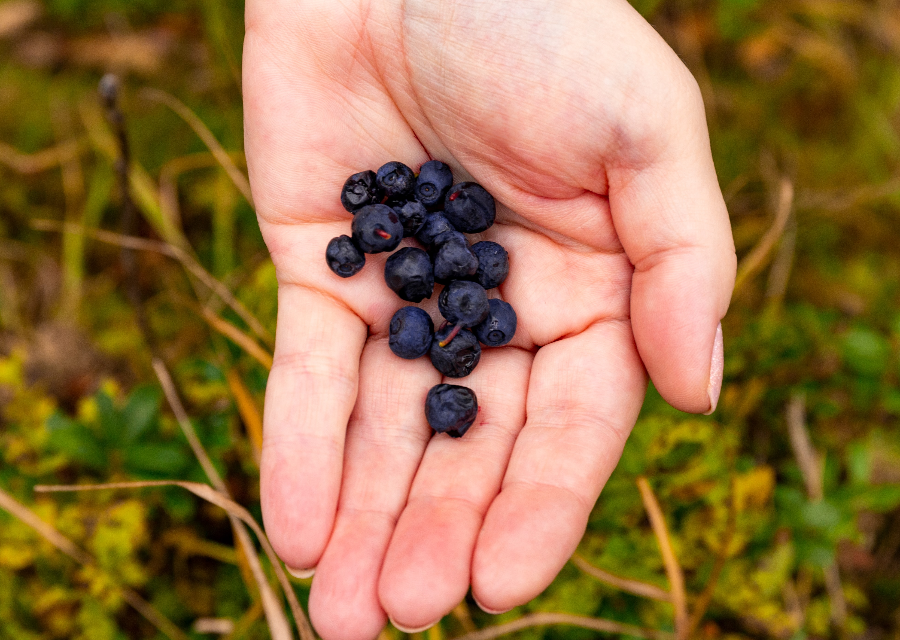This website uses cookies. By continuing to browse the website, you are agreeing to our use of cookies as detailed in our privacy policy.
How to supplement your diet by foraging
Rumour has it that foraged food can have a positive impact on your nutritional intake, but what exactly are the benefits of eating foraged food?
Research has shown that foraged foods can have much higher levels of antioxidants and nutritional value, many believing because they come into significantly less contact with fertilisers and pesticides when compared to those bought in supermarkets, they can provide huge benefits your health. In the UK there are thousands of woodland areas and parks where wild plants grow, and many can be foraged and eaten. Here are some handy tips to help you understand how to supplement your diet by foraging some of the most common finds in the UK:
Fruits
– Blackberries are easy to access in the UK, and are jam-packed full of vitamin C to support the immune system and healthy skin. Wild berries tend to have a higher level of antioxidant content in comparison to their farmed counterparts.
– Elderberries have been used in traditional medicine, and black elderberries can be utilised as a home remedy for coughs and colds.
– Hawthorn berries are packed full of antioxidants and have been used as a herbal remedy as a way to improve digestion and high blood pressure. They can be used to make homemade jams and chutneys, and even wines!
– Rowan berries contain high amounts of vitamin C, and were once used to treat scurvy! These berries are great to make jams and marmalade with, and are a great accompaniment to meat dishes.
Plants
– Dandelions may seem a strange plant to forage, but are full of antioxidants and are deeply rich in Vitamins A and K as well as fibre. Although they are a very acquired taste and can seem bitter to some, wash off the soil and toss them into a mixed-greens salad or stir-frying the stems and roots with other vegetables.
– Nettles are revered for their high vitamin A, calcium, iron and protein content. Because the hairs can be irritating, nettles require drying or cooking and can make a fantastic addition to soups. You can also brew the dried leaves for a medicinal tea.
– Hedge garlic are the garlic leaves you find in woodland areas and contain vitamin C. It can cleanse and boost the body’s digestion and boost the immune system. They can be chopped up and used in salads, or boiled and mixed with other vegetables to make soups.
Before foraging, it is vital that you do your research and understand how to identify the edibles from the more toxic fruit or plants!
Back